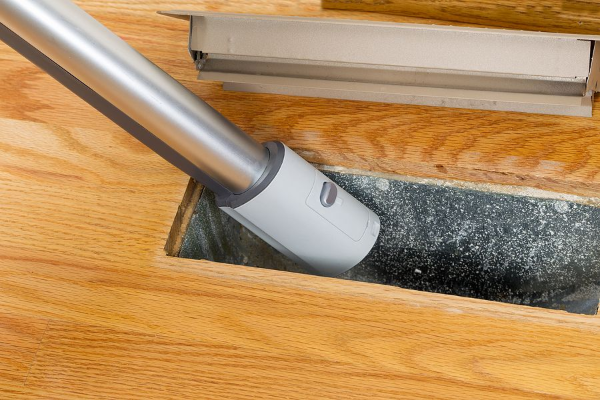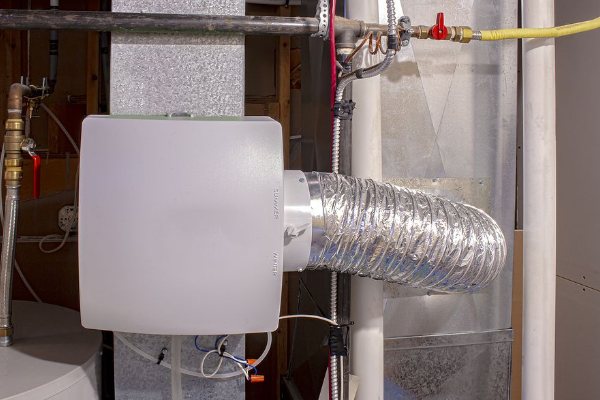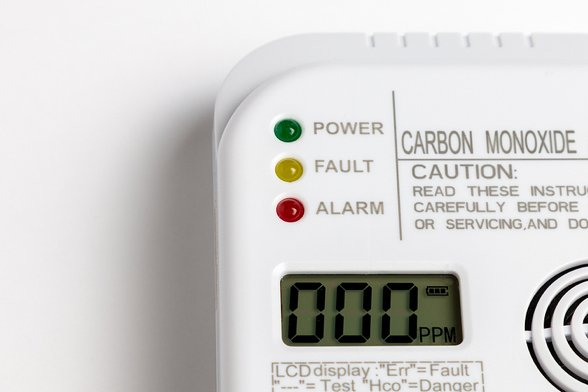5 Furnace Red Flags For Furnace Service
It’s that time of year again! Fall is here and along with it the smell of crisp, autumn air and pumpkin spice. But as the temperatures start to fall and you turn on your furnace for the first time, you may notice another smell that isn’t quite as pleasant. But what does that mean?
Do you need to simply schedule a furnace service or might you need a repair or replacement? To help you determine the best course of option, here are 5 red flags you should be on the lookout for that will prompt a call to us.
You Notice a Strange Smell
Turning on your furnace for the first time of the season may produce a slight burning smell. This can be normal as dust accumulates on your furnace an in your air ducts over the warmer months with no usage. The inaugural run of the furnace during cooler weather, however, will burn off this dust and sometimes produce a burning smell.
The smell should dissipate with a couple uses. However, it could be a symptom of a larger issue if it remains with ongoing use. Other odors that smell like Sulphur or electrical issues generally represent a bigger issue. If something smells off, pay attention to it and give us a call.
You Notice an Increase in Heating Costs
Just like many people, furnaces operate less efficiently with age. An especially cool winter may yield increased heating expenses. But if average winter temperatures are static while your heating costs are increasing, this is a sign of inefficiency.
Scheduling annual furnace service can help your unit run more efficiently. If it is an older unit, though, it may be past the point of furnace repair. Our technician can tell you what your options are.
Your Repair Bills Are Increasing
Replacement parts for older units are harder to come by as new models are introduced to the market. Lack of availability to parts increases their costs, which increases your cost of repair not to mention the time is takes for you to spend in a cold house waiting for a part.
Continuing to pour money into an aging unit will produce diminishing returns. At some point, it will be most cost effective to purchase a new unit. Depending on the age of your furnace, repairs costing 10-50 percent of what a new unit would cost should prompt you to question replacement versus repair.
Your Furnace Has Outlived Its Shelf Life
Furnace can last 20-30 years, but the national average is closer to 15-20 years. Some older furnaces will have a longer lifespan, but those tend to operate much less efficiently, which goes back to some previous points.
Your Frequency of Repairs Increases
If you are calling for service or repair every year, and certainly multiple times per year, then it’s time to consider a new unit. Along with increased repairs comes increased cost.
Whether you need servicing, repair or a replacement, our team of professionals is here to assist. Schedule an appointment today








